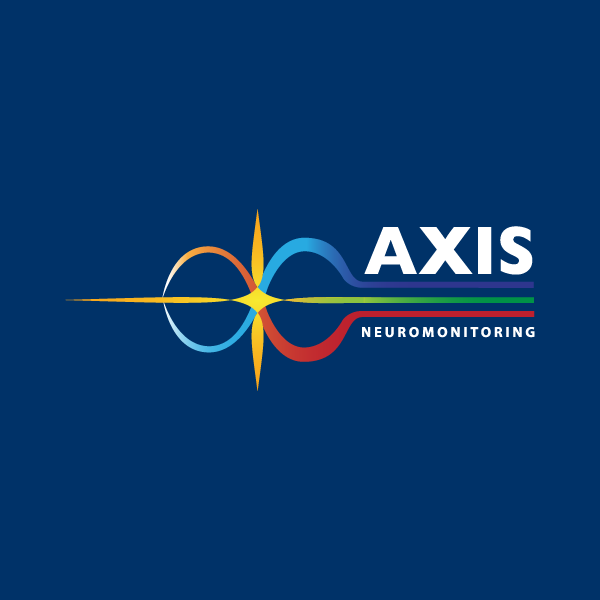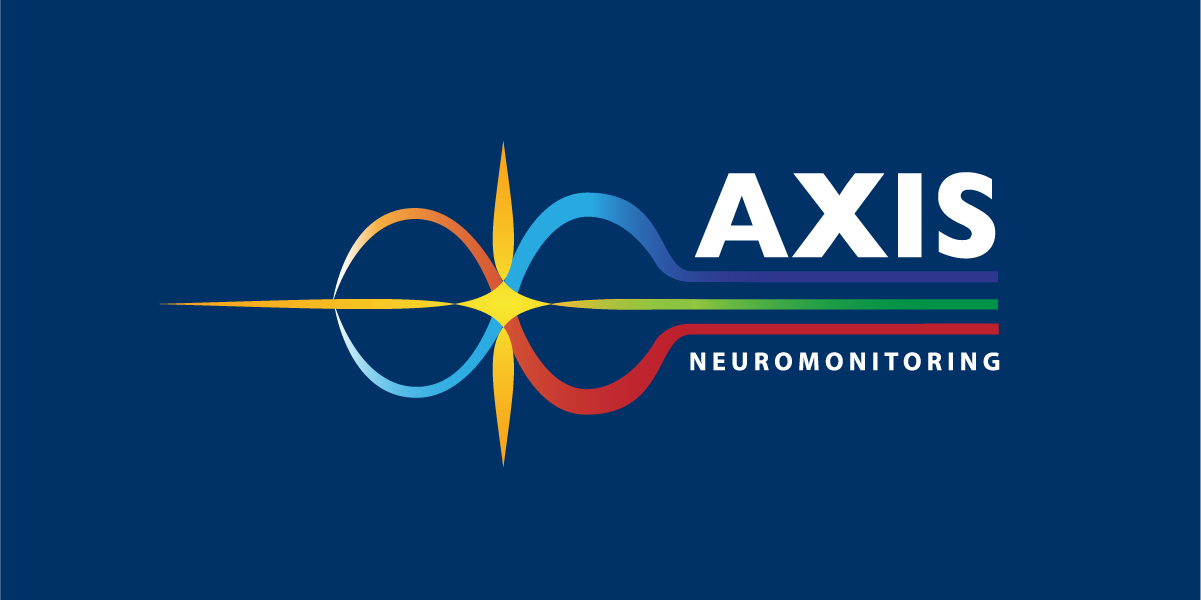UConn Offers Nation’s First Intraoperative Neuromonitoring Master’s Program
By Admin | November 22, 2022
As intimidating as the name may sound, you don’t need to be a neurosurgeon to understand intraoperative neuromonitoring (IONM). You just need to have played the game “Operation.”
If you’re familiar with the art of extracting tiny foreign bodies from the small, sensor-lined cavities of the board game, you’re more or less familiar with IONM. The difference is the stakes.
IONM involves working with a surgical team to ensure that a patient retains nerve function before, during, and after a surgery. Nerves transmit electrical signals from the brain and spinal cord all throughout the body, playing a role in virtually all bodily functions, so minimizing nerve damage during operations is imperative.
“If a surgeon is working around the spinal cord and its nerve roots, we are helping the surgeon avoid injuring any of these structures by providing live, real-time feedback through neural signals we record,” explains Dr. Payam Andalib, clinical director and faculty at UConn’s IONM program. “If the surgeon gets too close to a nerve root and there is an irritation of that nerve, we are going to observe that as part of our monitoring and alert them so they can take appropriate action.”
While IONM offers a rewarding and well-paying career path in healthcare, academic programs focusing on it are scarce. Andalib and Dr. Radmila Filipovic, the academic director for the program, set out to fill that void, noting that the current landscape resembles “nursing in the mid- to late 1800s.”
“Interested candidates would go to a hospital and express interest in the nursing profession and the hospital would train them on the job to become nurses. It took a few decades for nursing to have the first academic programs,” Andalib says.
Likewise, training in the IONM field today is mainly carried out on-the-job. But this model poses a couple of challenges, according to Andalib. First, it does not allow for the kind of thorough candidate vetting and dedicated training that can take place in an academic environment. Second, it leaves training non-uniform and non-standardized across companies.
Creating Something from Nothing
Enter UConn’s IONM program—the first of its kind in the nation. Filipovic and Andalib worked together to “create something from nothing,” according to Andalib.
They began with a summer graduate certification course that prepared students with nine credits of coursework and hands-on experience with the software used in operating rooms. Met with keen interest (and a $100,000 grant from the university), they expanded to offer a one-year master’s degree that pairs this background work with clinical rotations.
This unique program attracts students from across the country seeking a specialized field of healthcare study. Students’ backgrounds are diverse, says Filipovic. Some students see the IONM Master’s degree as a great foundation prior to applying to medical or dental school, while others are drawn by the opportunity to enter the IONM field after just a year of rigorous training.
The master’s degree is exciting because many students “are not aware that this possibility exists, that they can apply knowledge from neuroscience and neurophysiology to a fulfilling career in the hospital, even if they do not plan to go to medical school,” Filipovic says.
Intensive Attention to Students
About 15 to 20 students comprise each yearly IONM Master’s cohort, which Filipovic describes as “a big family.”
“It enables us to really focus on our students and give them our full attention,” she adds. “The majority of our students are 20-30 years old, but we also have a group of students who are 30-45 years old, who are coming back to get higher education and start a new career. We are very proud of the age, gender, and race diversity in our program.”
Over the course of the year, students in the program grow close and share setbacks and successes. The 32-credit span allows them room to take courses in other UConn departments, like psychology and nursing. By the time they graduate, they’re often ready to leap into...(More)
For more info please read, UConn Offers Nation’s First Intraoperative Neuromonitoring Master’s Program, by UConn Today



